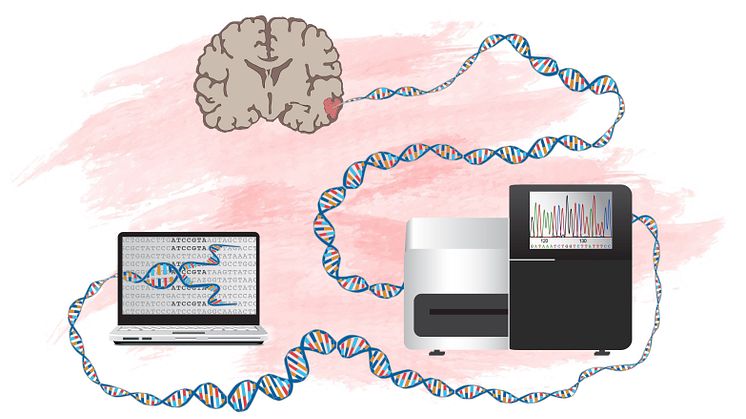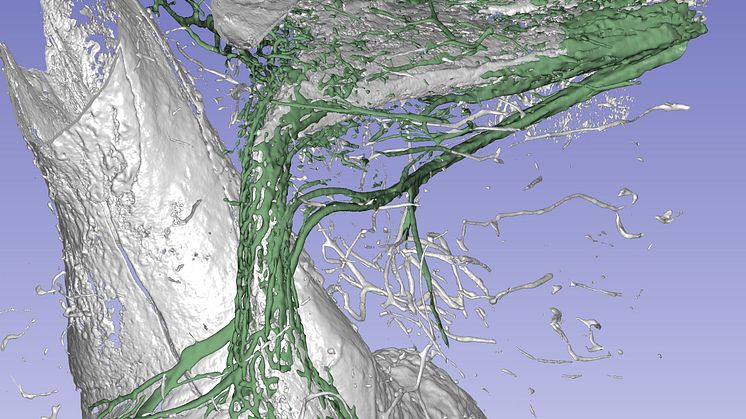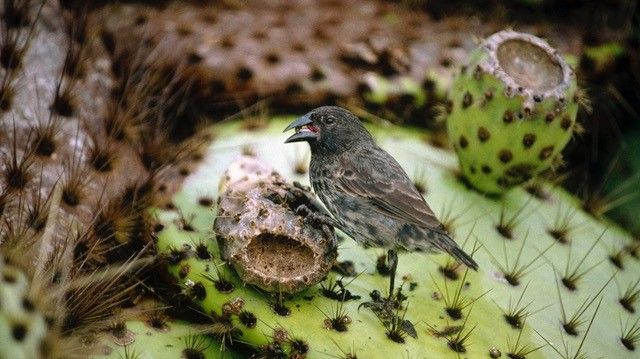Increasing levels of violence in Africa – peace researchers worried by recent trend
New data from the Uppsala Conflict Data Program (UCDP), Uppsala University, shows that the number of fatalities in organised violence continues to decrease. The declared defeat of Islamic State (IS) in Syria and Iraq has pushed the number of fatalities to its lowest level since the outbreak of the Syrian civil war in 2011. However, peace researchers are worried about recent trends in Africa.




